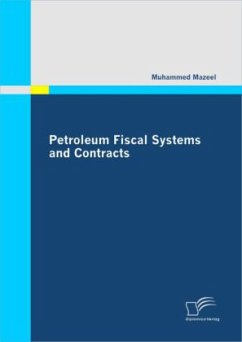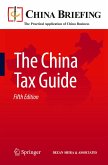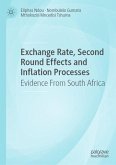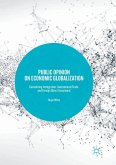The petroleum fiscal system for a country is essentially the taxation structure, including royalty payments, that has been established by legislation. More broadly, the fiscal system includes all aspects of the contractual and taxation framework that governs the relationship between the host government and an international oil company. Worldwide, there are many different fiscal systems with different taxation and contractual terms. These vary from country to country and some countries use more than one system. Countries, for example, may offer concessionary system arrangements or service and production sharing agreements. Whichever system prevails, the issue for an oil company is how it can recover costs expended and how will the profit be divided. This depends upon tax regulations and the principles of the economics of the life of a field.
The focus of this book is on the mechanics of the various kinds of fiscal systems and the factors that drive exploration and development economics. The emphasis is on practical aspects of petroleum taxation and industry/government relationships. There is also fertile ground for considering the philosophy of petroleum taxation which has changed the industry. Legal and operational aspects of contract/fiscal terms are also examined to provide a foundation in the dynamics of international negotiations.
Both industry and government viewpoints are addressed in this book since a complete grasp of the subject requires an understanding of the aims and concerns of both sides. There are few things more discouraging for a government s national oil company than an unsuccessful licensing round. Yet prolonged, inconclusive negotiations can be equally frustrating for oil companies.
This book has been written for those interested in petroleum taxation and international negotiations, and the way to carry out successful exploration and development projects. Much of the subject has evolved years ago whilst some aspects of taxation are timeless. Examples are included to give the reader a wide perspective about the implementation of fiscal systems.
Hinweis: Dieser Artikel kann nur an eine deutsche Lieferadresse ausgeliefert werden.
The focus of this book is on the mechanics of the various kinds of fiscal systems and the factors that drive exploration and development economics. The emphasis is on practical aspects of petroleum taxation and industry/government relationships. There is also fertile ground for considering the philosophy of petroleum taxation which has changed the industry. Legal and operational aspects of contract/fiscal terms are also examined to provide a foundation in the dynamics of international negotiations.
Both industry and government viewpoints are addressed in this book since a complete grasp of the subject requires an understanding of the aims and concerns of both sides. There are few things more discouraging for a government s national oil company than an unsuccessful licensing round. Yet prolonged, inconclusive negotiations can be equally frustrating for oil companies.
This book has been written for those interested in petroleum taxation and international negotiations, and the way to carry out successful exploration and development projects. Much of the subject has evolved years ago whilst some aspects of taxation are timeless. Examples are included to give the reader a wide perspective about the implementation of fiscal systems.
Hinweis: Dieser Artikel kann nur an eine deutsche Lieferadresse ausgeliefert werden.








